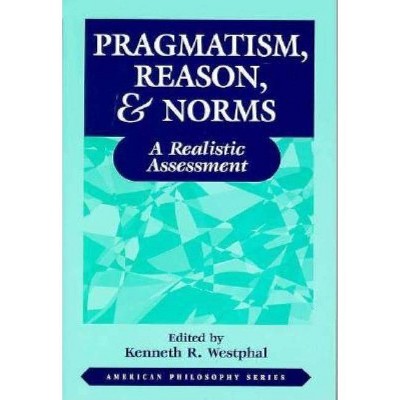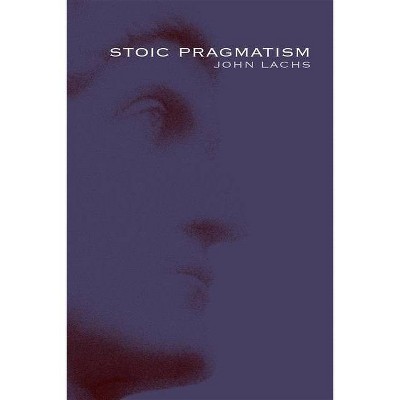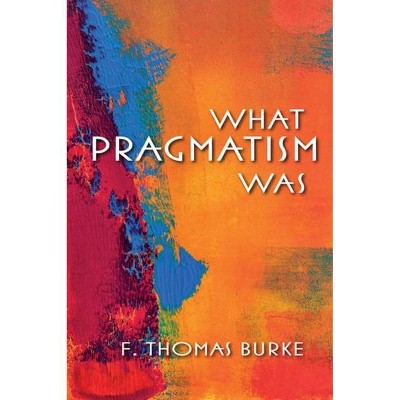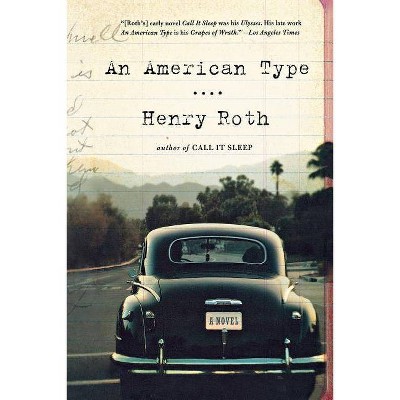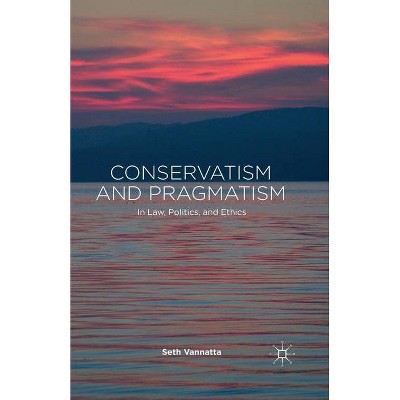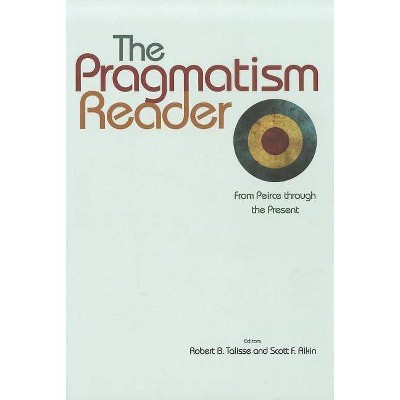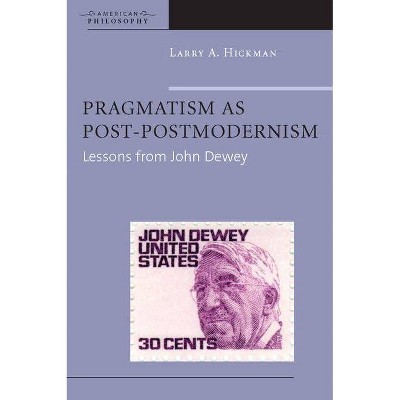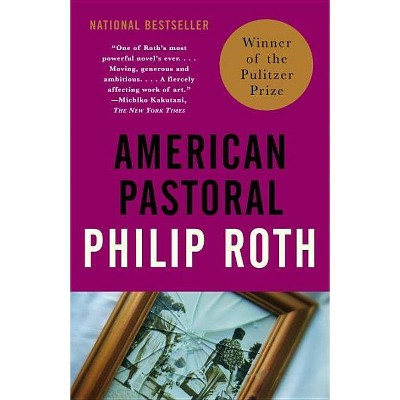British Empiricism and American Pragmatism - by Robert J Roth (Paperback)
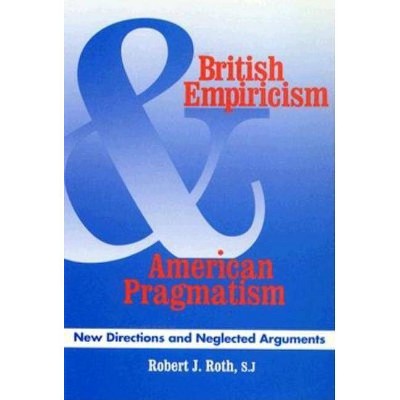
Similar Products
Products of same category from the store
AllProduct info
<p/><br></br><p><b> Book Synopsis </b></p></br></br>This volume contributes to the remarkable resurgence in interest for American pragmatism and its proponents, William James, C.S. Peirce, and John Dewey, by focusing on the influence of British empiricism, especially the philosophies of Locker and Hume, and the sharp differences between the two traditions. It is Roth's contention that American pragmatism, sometimes called America's first "indigenous" philosophy, something significant to say philosophically, not only America, but for the world. Heretofore, the lines of development and divergence between British empiricism and American pragmatism have not been sufficiently developed.<p/><br></br><p><b> From the Back Cover </b></p></br></br>This volume contributes to the remarkable resurgence in interest for American pragmatism and its proponents by focusing on the influence of British empiricism, especially the philosophies of Locke and Hume, and the sharp differences between the two traditions. Heretofore, the lines of development and divergence between British empiricism and American pragmatism have not been sufficiently developed.<p/><br></br><p><b> Review Quotes </b></p></br></br><br>Clearly written, thoroughly researched, intelligently organized . . .-- "--International Philosophical Quarterly"<br><br>This volume comprises revisions of Roth's previously published articles, tied together as a comparison of the empiricisms of Locke and Hume with the pragmatisms of Peirce, James, and Dewey. The chapters Experience, Cause and Effect, and Necessary Connection, and Personal Identity each summarize and discuss the five philosphers' views on the topic. The longest two chapters treat separately the moral, social, and political theories of the empiricists (Ch. 4) and the pragmatists (Ch. 5). Roth indicates the advances pragmatic empiricism makes over classical empiricism, while calling both inadequate. His statement that the question of personal identity had to be addressed first, with careful exclusion of the other dimensions of the person, before taking up social questions is a telling clue for understanding Roth's conclusion that the pragmatists' (primarily Dewey's) social self is too narrow and that the moral concept of obligation ultimately requires the creative activity of God and a renewed natural law theory. Accessible to undergraduates.-- "--Choice"<br><p/><br></br><p><b> About the Author </b></p></br></br><b>Robert J. Roth</b> is a Professor Emeritus of Philosophy at Fordham University. His publications include <i>John Dewey and Self-Realization, American Religious Philosophy, and British Empiricism and American Pragmaticism</i>.
Price History
Price Archive shows prices from various stores, lets you see history and find the cheapest. There is no actual sale on the website. For all support, inquiry and suggestion messages communication@pricearchive.us

